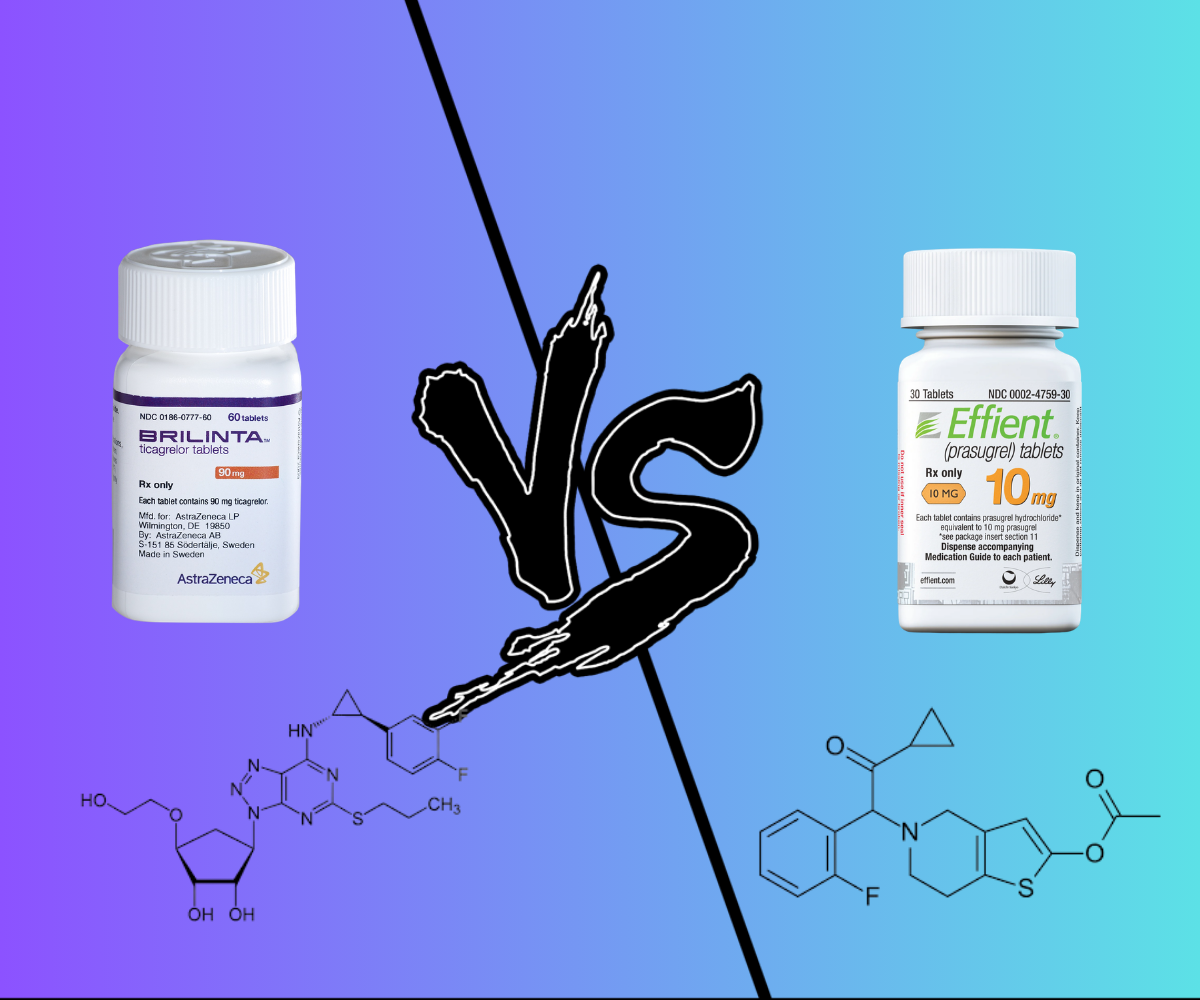The red hot weight loss segment just got even hotter, as the Phase 2 trial of Amgen’s maridebart cafraglutide (MariTide) yielded exceptional body mass reductions among people with obesity and T2D, propelling the pharma giant closer to FDA approval.
- Like Eli Lilly’s tirzepatide, MariTide is a GLP-1/GIP-agonist, setting it apart from Novo Nordisk’s popular GLP-1 semaglutide.
- MariTide’s previous Phase 1 trial demonstrated an average 14.5% weight reduction through 12 weeks, and patients maintained that weight loss for 70 days after stopping treatment.
Building on this earlier success, Amgen’s new Phase 2 trial lasted 52 weeks and enrolled patients living with obesity or both obesity and T2D.
- MariTide demonstrated up to ~20% average weight loss in the obesity group after 52 weeks.
- In the obesity + T2D group, MariTide led to ~17% average weight loss and lowered average hemoglobin A1C by up to 2.2%.
The study notably showed that MiraTide might be able to continue to drive weight loss beyond 52 weeks, potentially giving it a weight loss plateau advantage versus competing GLP-1s.
MariTide also meaningfully improved several cardiometabolic parameters without significant increases in free fatty acids.
- These improvements included blood pressure, triglycerides, and high-sensitivity C-reactive protein across various doses.
The most common adverse events were gastrointestinal related, including mild nausea, vomiting, and constipation.
- Discontinuation due to any adverse effect was ~11%, and less than 8% were for GI-related events.
The second part of the Phase 2 study will investigate MariTide beyond 52 weeks to evaluate further weight loss, weight maintenance through lower dosing, and weight loss durability after discontinuation.
- More than 90% of eligible patients chose to continue to participate in Part 2 of the study.
Despite these results, investors seemed unimpressed, sending Amgen’s shares down 10%, because its performance didn’t surpass Lilly’s tirzepatide.
- That said, matching tirzepatide’s performance is nothing to scoff at, while MariTide still beat Lilly’s frontrunner on dosing frequency (once a month vs bi-weekly), and it could have a longer weight loss trajectory.
The Takeaway
Amgen might not be the first to the weightloss party, but MariTide’s strong Phase 2 results and unique advantages could help it stand out in the long run.





